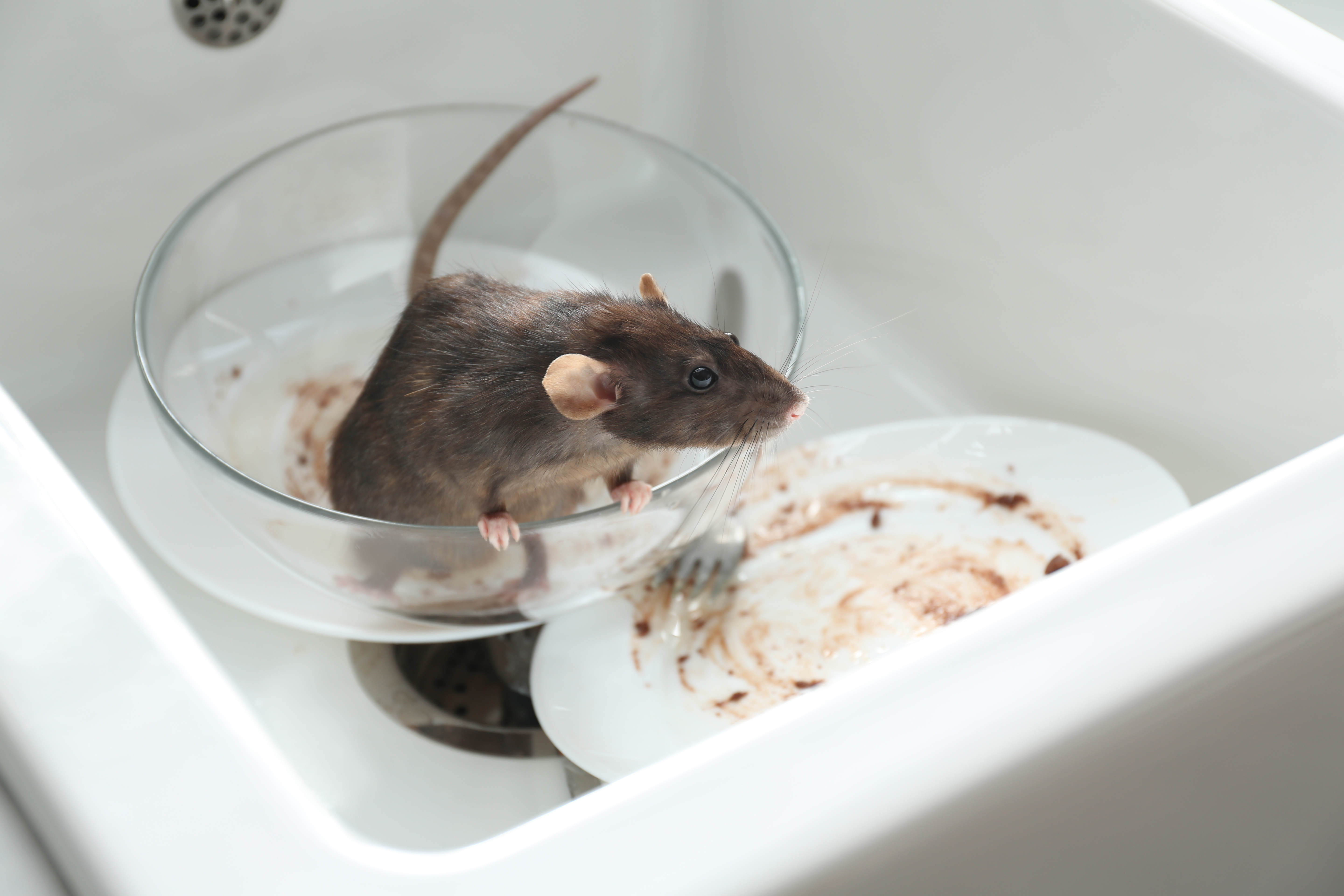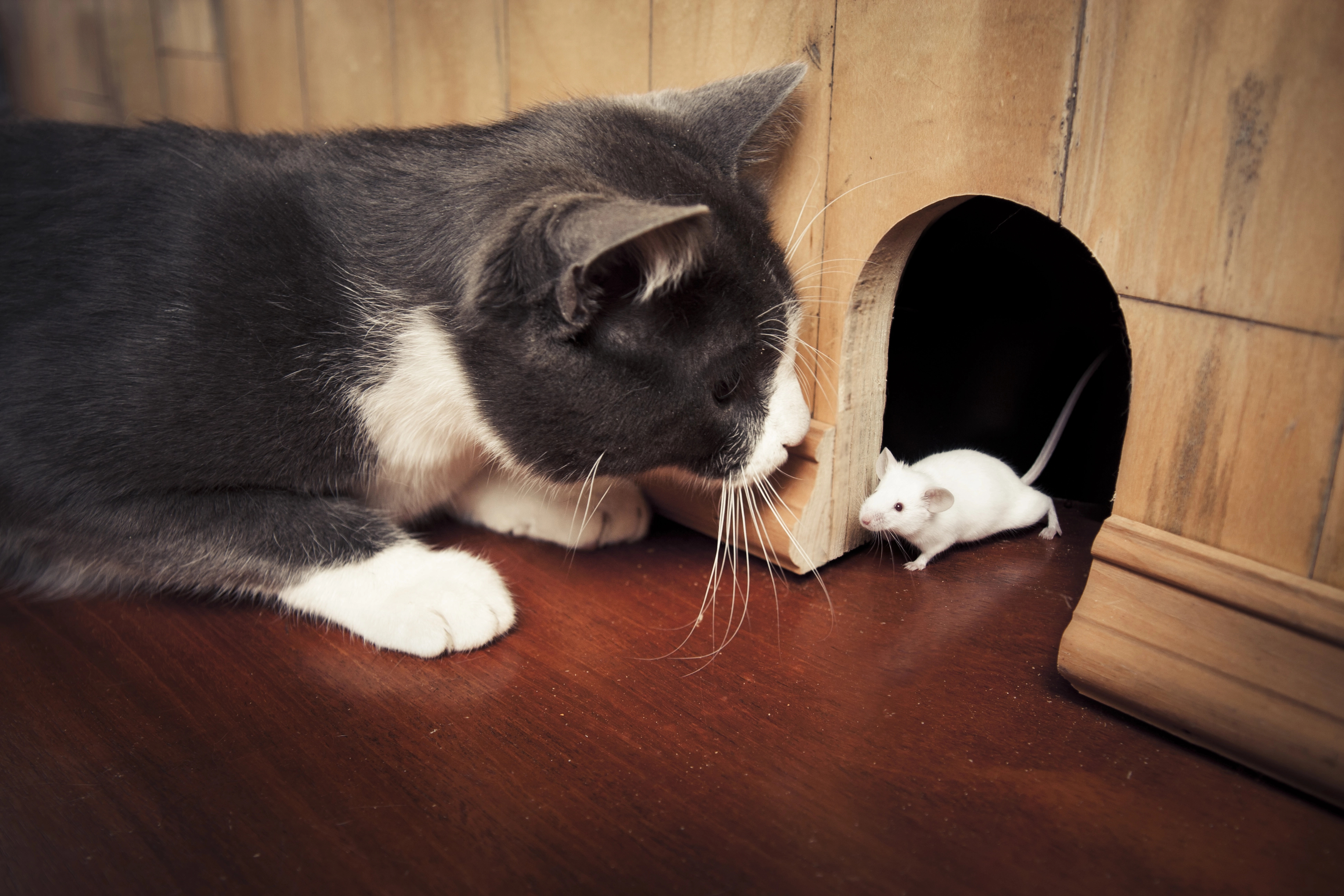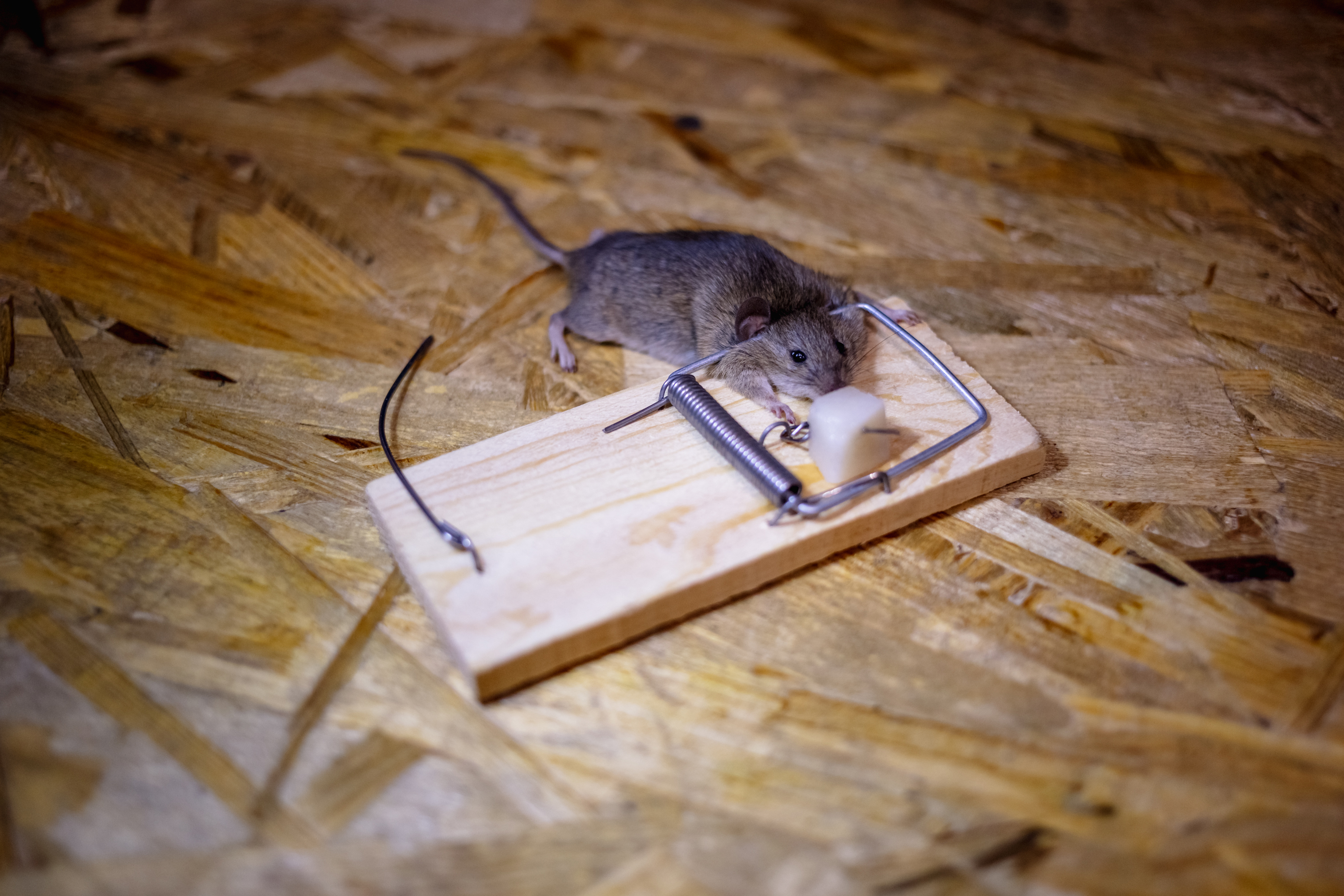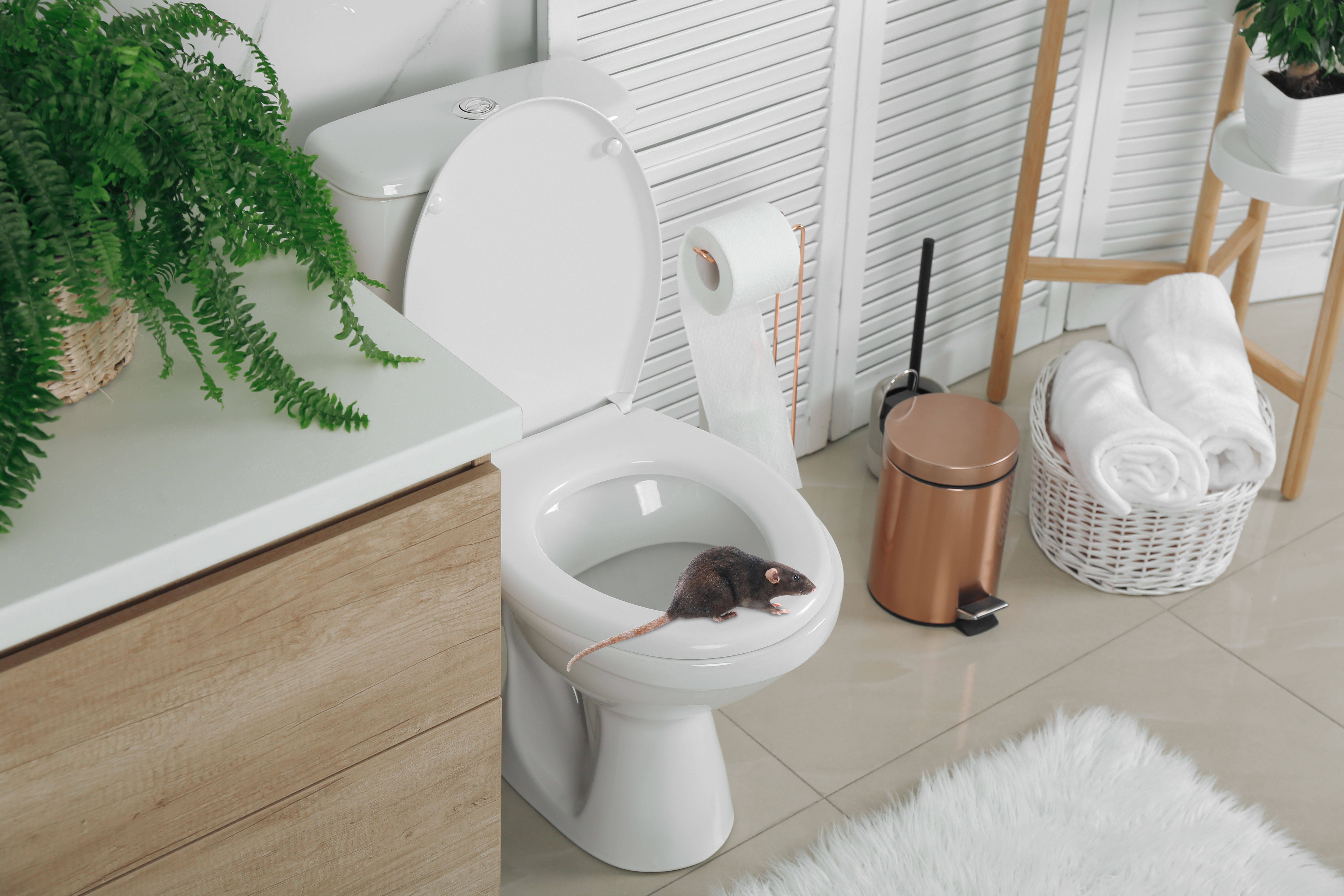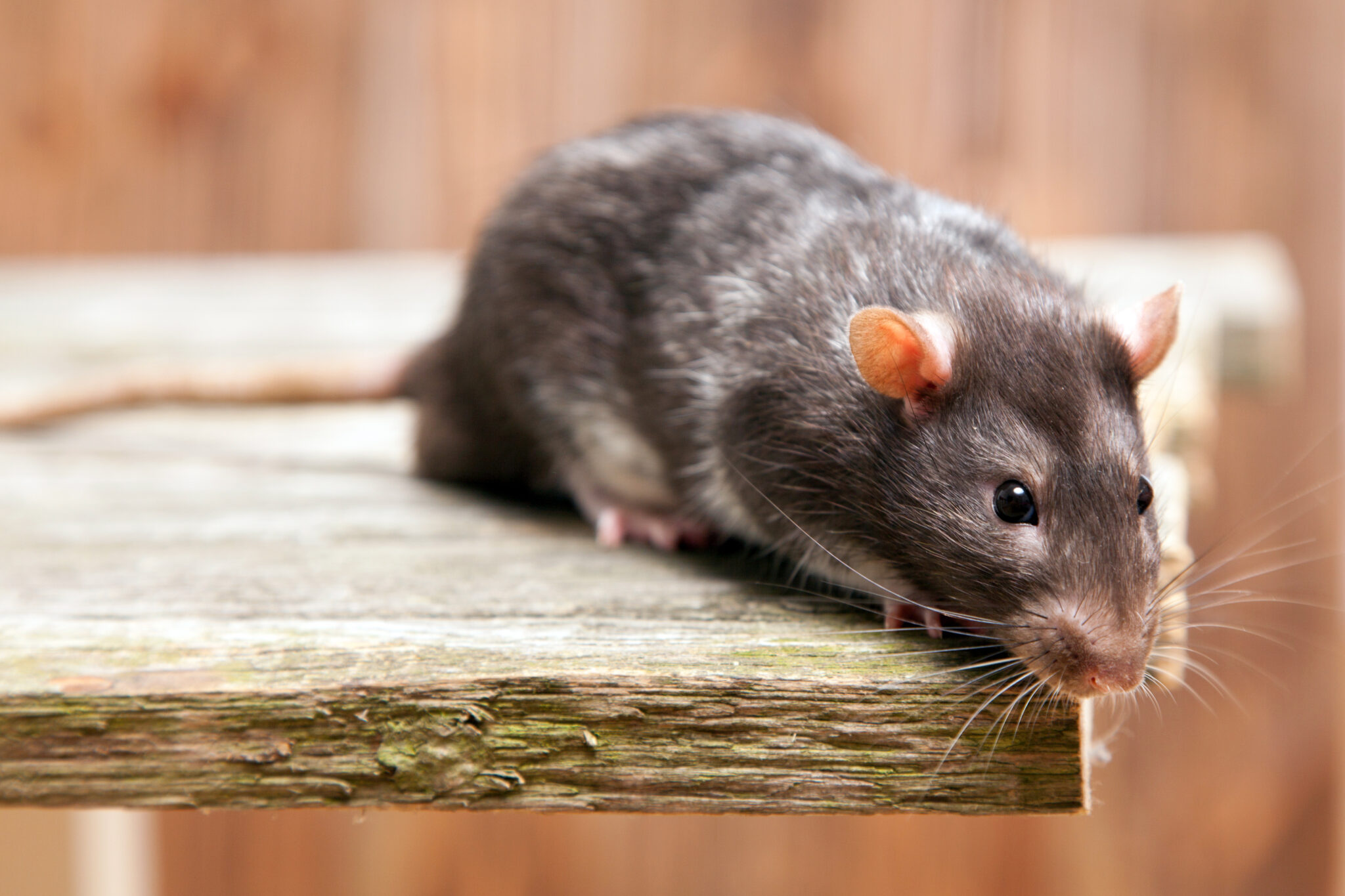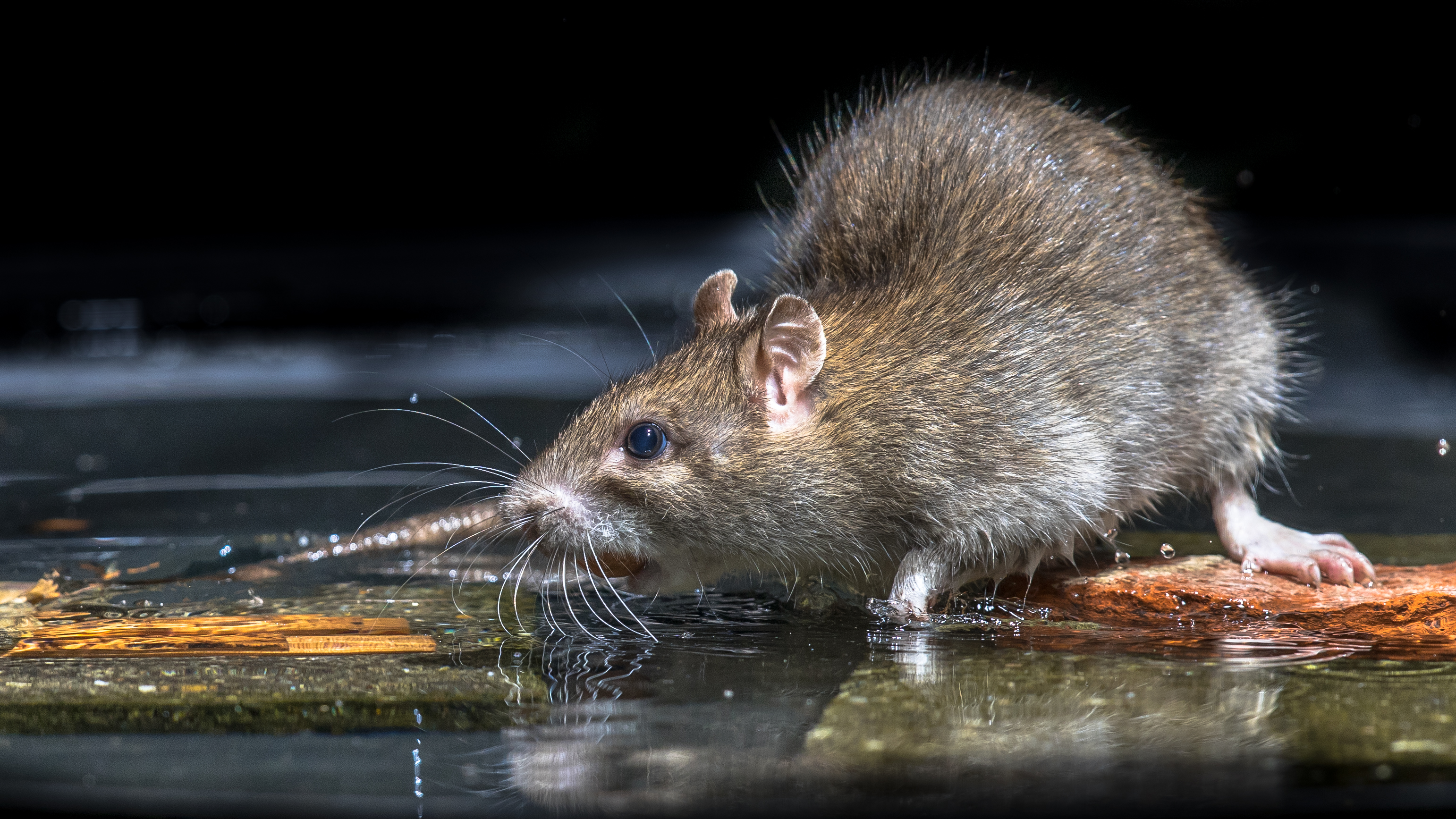
What Keeps Rats Away Permanently?
Few unwanted visitors are more distressing than rats. And here in Houston, so many families struggle with rat problems! Many of those same families learn, to their dismay, that it’s almost impossible to “DIY” a permanent solution to rats. Here’s what you need to know about keeping rats away for

